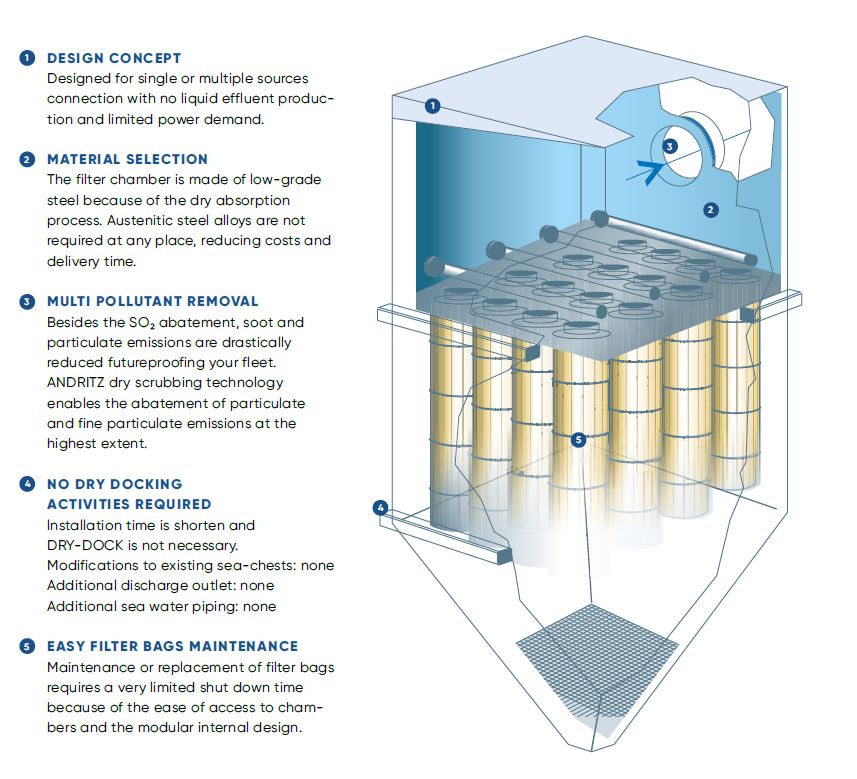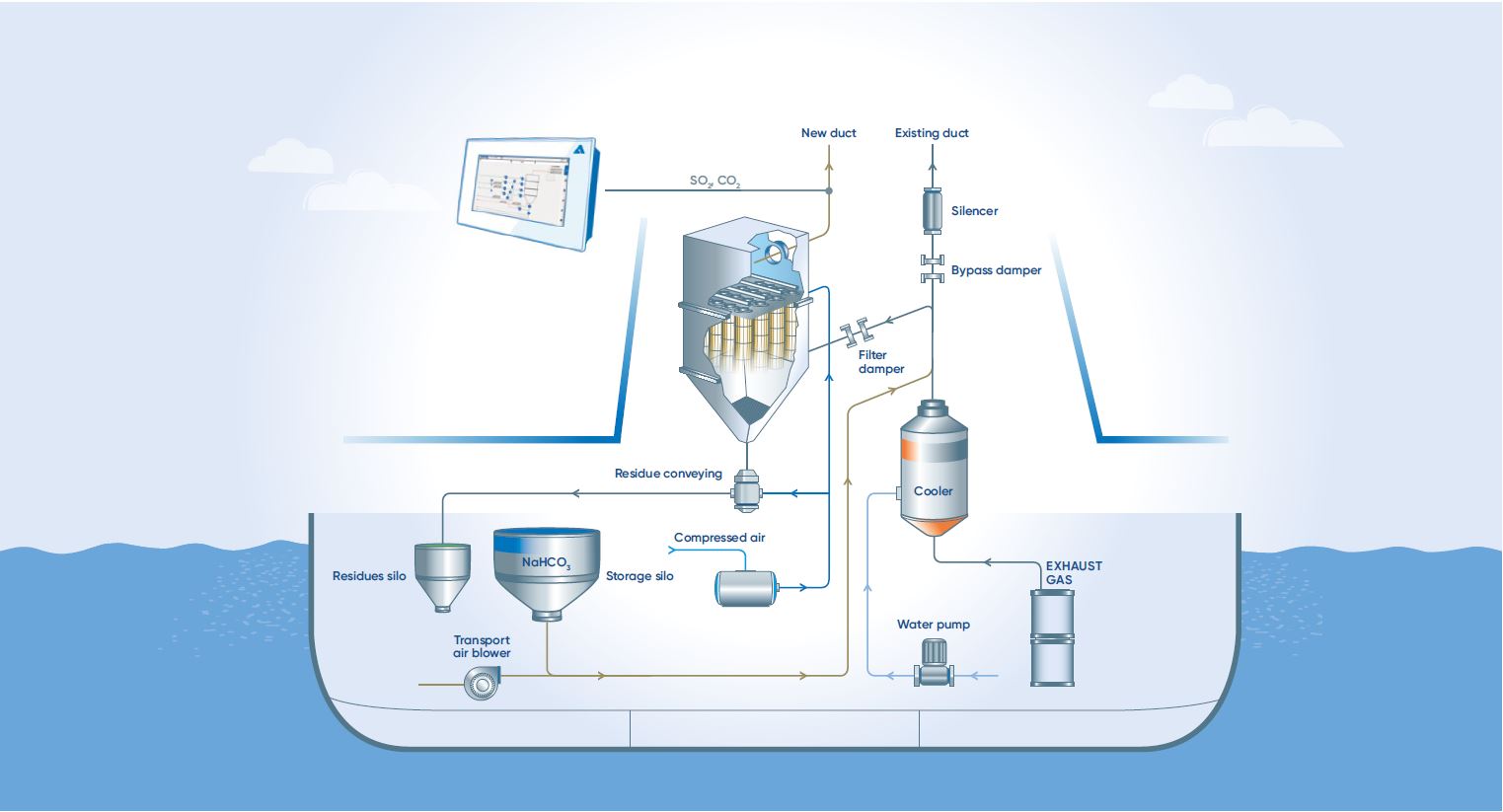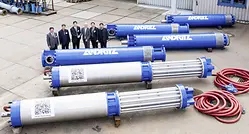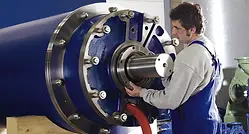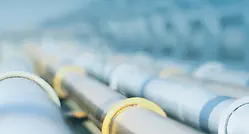Exhaust gas emissions from marine diesel engines, mainly containing nitrogen oxides, sulfur oxides, carbon dioxides, and complex particulate matter (PM), are a big concern for human health and the environment. In response to these concerns, the International Maritime Organization (IMO) has introduced regulations for emission control under Annex VI of the MARPOL Convention. Annex VI imposes a framework of mandatory limits on emissions of sulfur oxides (SOx) and nitrogen oxides (NOx), both globally and within designated sea areas known as Emission Control Areas (ECA).
The regulations specify the sulfur content allowed in the fuel to limit the SOx emission. A ship may burn fuel with a higher sulfur content, providing that SOx emissions are controlled to a level that is not higher than the levels emitted when using compliant fuel. In order to comply with the new regulations, ships must either use expensive, low-sulfur fuel or install exhaust gas cleaning units. Based on the operating profile of maritime vessels, exhaust gas cleaning can secure enormous savings in fuel costs and thus provide payback periods of between one and three years. The ANDRITZ SeaSOx technology is the right answer to meet the new requirements and can be installed on all types of maritime vessels, either on a new build or retrofit basis thanks to its flexibility.


